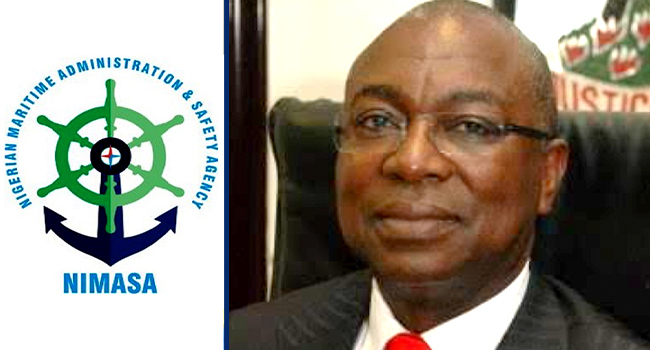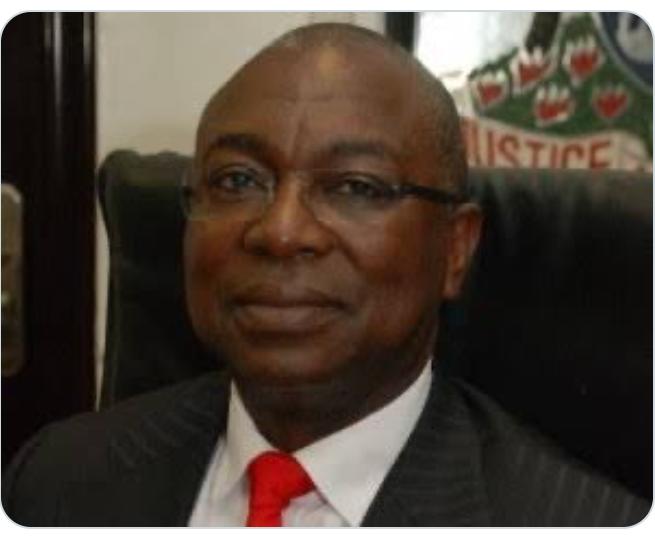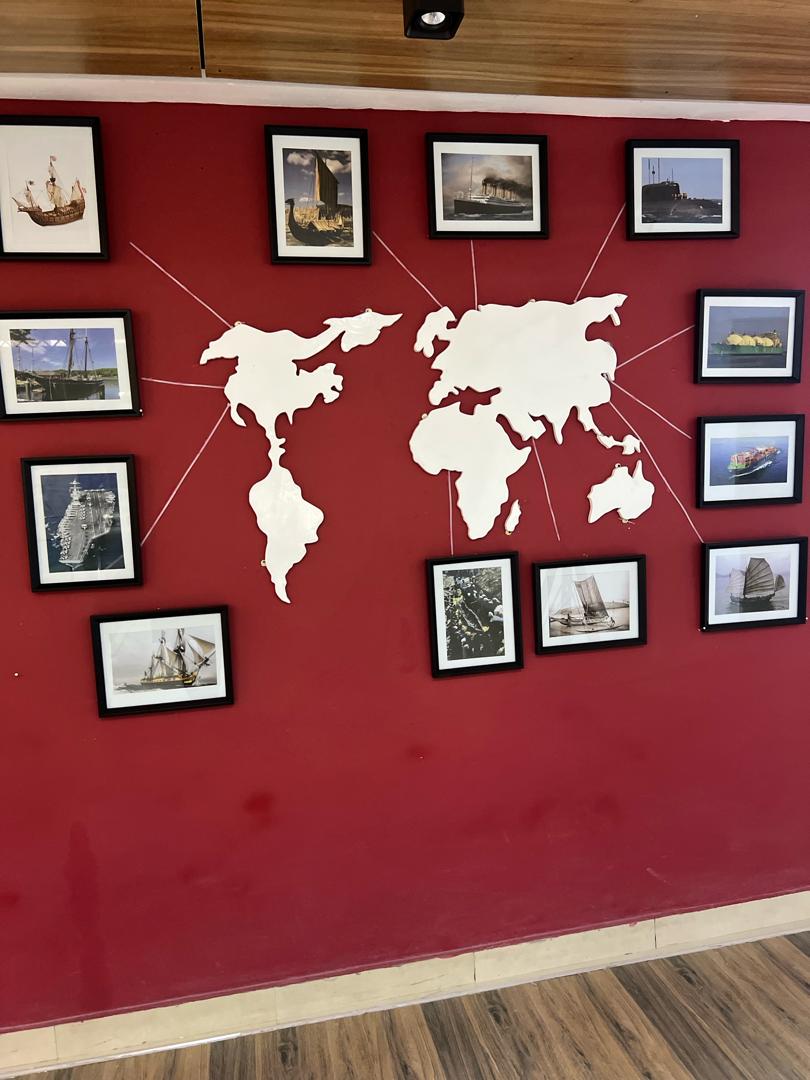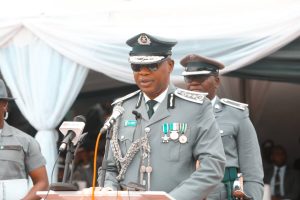Maritime
‘It’s Your Responsibility To Maintain DBP Assets’, Jamoh Tells Project Partners

After what appeared like an interminable silence on the maintenance and functional status of the Deep Blue Project (DBP) assets, the Nigerian Maritime Administration and Safety Agency (NIMASA) has said that the maintenance of the assets lay with the various project partners involved in their operations.
Director General of NIMASA, Dr. Bashir Jamoh OFR, who made the clarification Sunday, May 21, 2023 during the launching of the Maritime Assets and Commissioning of Administrative Building in Lagos, said “As we launch these new assets, I urge all the officers that will be assigned to utilize them to bear in mind that they are national assets and are to make the best use of them while bearing in mind the need for proper maintenance.”
The various assets deployed under the ubiquitous Integrated National Security and Waterways Protection Infrastructure, otherwise known as the Deep Blue Project (DBP), and encapsulates land, sea and air operations, comprise of 16 armoured vehicles for coastal patrol, two Special Mission Vessels and 17 Fast Interceptor Boats, two Special Mission Aircraft and three Special Mission Helicopters for surveillance, search and rescue operations.
The others include four Unmanned Aerial Vehicles, and of course the Cessca 3J Citation aircraft purchased by NIMASA in 2021.
According to NIMASA, the assets are variously deployed under the Nigerian Air Force, Nigerian Navy, Nigerian Army, Nigeria Police, Department of State Services, and other security agencies.
There have been concerns about the functional states of the assets, believed to be lying in varying degree of disrepair and disuse, with a tell tale of abandonment within their designated area of deployment, Jamoh announced the launch of 5 new Patrol/Security Boats, 5 Refurbished Search and Rescue/Pollution Control Boats; inclusive of 5 Refurbished Search and Rescue/Pollution Control Boats, together with the commissioning of a Search and Rescue Clinic.
Pinnacle Time can report that while some of the assets are currently not in use, some have grounded and are wasting away in different locations; a clear sign that the investments have been bogged down by the Nigerian factor.
While some of the water crafts are tied up inside the Nigerian Navy Sailing Club, some of the surveillance aircrafts have been abandoned at various hangers and open spaces at the Murtala Mohammed International Airport, Lagos.

The DG NIMASA reminded during today’s commissioning that the DBP and its assets are not only critical to Nigeria but indeed the entire Gulf of Guinea in terms of suppression of piracy and other maritime related criminalities; even as he put the cost of the assets and infrastructure at a whopping $195million.
“The Deep Blue Project which has tremendously boosted the rate of safety of the waterways was an initiative of the Federal Ministry of Transportation and Federal Ministry of Defense, implemented by NIMASA, with personnel drawn from the Nigerian Air Force, Nigerian Navy, Nigerian Army, Nigeria Police, Department of State Services, and other security agencies. There is no Gainsaying that the project is the most significant commitment by any Gulf of Guinea country to date and the impact is crystal clear for all to see.
“We have from the very beginning of our administration reckoned that attaining a Blue Economy is pivotal to the growth and development of the nation. It was equally important that while we had our vision set on achieving something great, we simultaneously took cognizance of the damaging impact that piracy, kidnapping of seafarers, smuggling, illegal oil bunkering, robbery at sea and illegal, unregulated and unreported fishing has had on our maritime profile.”
Scoring the performance of the DBP, Jamoh said: “By the year 2022, cases of piracy and other maritime crime in the Gulf of Guinea had significantly reduced as only about 3 cases of piracy were recorded while none of the cases was attributable to Nigeria. The International Maritime Bureau’s Piracy Reporting Center (IMB PRC) regarded this as a positive trend. This equally meant that the year 2022 was a successful year for Nigeria in the fight against piracy and other maritime crime and same should be regarded as a milestone for the Buhari-led administration.”
While the outgoing administration deserves utmost commendation for assiduously pursuing the BDP, like NIMASA has continually placed on record, the assets dysfunctional state nonetheless highlights the security condition of the national maritime space which is on spiritual auto-pilot protection rather than tangible and functional security architecture; the same to be inherited by the incoming government.
Efforts to seek clarification on the state of the assets proved abortive as HLSi, the contractor managing the assets declined to respond to our reporter’s inquiry.
NIMASA’s declaration that agencies managing the various assets are responsible for their maintenance perhaps brings to the fore, reasons for their abysmal neglect so far.
This is even as grapevine reports suggests that while some of the assets were purchased on second hand value, others which had almost outlived the expiry manufacture date were refurbished and brought in as brand new equipment.

































